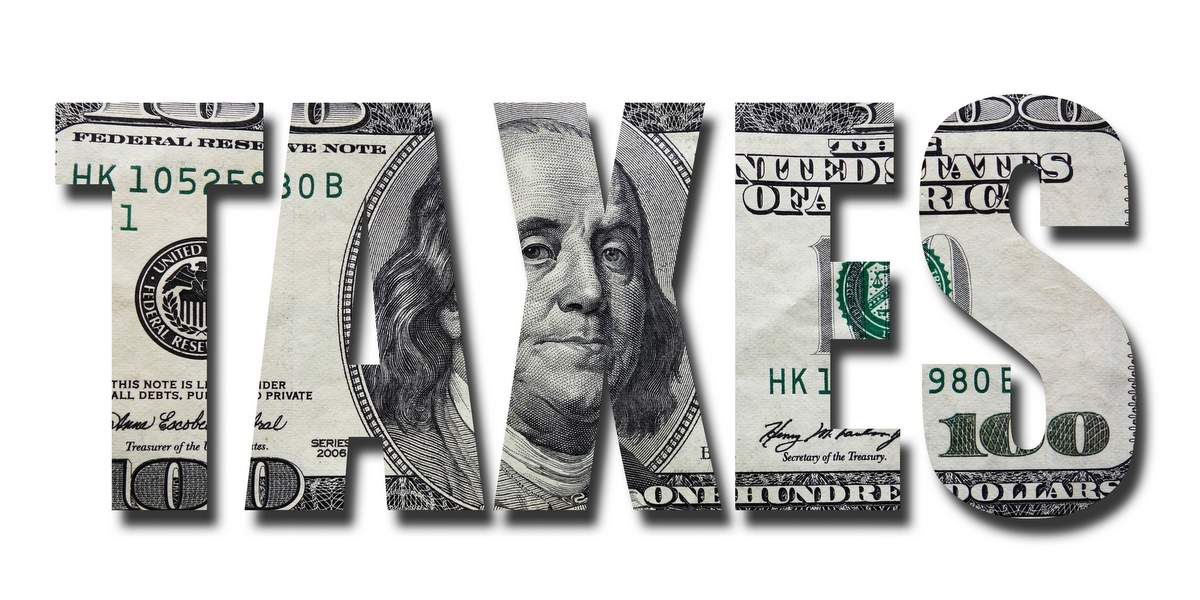
Beer. You love it. Taxes. You despise them. Well, you understand what they are for. You just don’t want to pay them. Or, you think yours are too high comparatively, and you think they’re being used incorrectly by political ghouls whose terms and lifespans are endlessly fueled with (y)our hard-earned money. Whatever your reason for disliking taxes, let me draw your attention to the great state of Connecticut. Last week, Governor Ned Lamont announced that the newly enacted state budget he signed reduces taxes on beer by 16.7 percent. That’s a lot of percent. Apparently, the gov is a big fan of Connecticut’s craft brewery scene. According to the press release:
A report released in May that was conducted by the National Beer Wholesalers Association and the Beer Institute found that beer brewed in Connecticut yields $2.9 billion in economic output for the state and supports 17,892 jobs with professions ranging from careers in agriculture, manufacturing, and retail. There are currently more than 120 operational breweries in Connecticut, with many more in planning.
“Connecticut’s craft brewery industry has been booming in recent years, and it is evidenced by the growth of hundreds of new jobs for our state’s residents,” Governor Lamont said. “We should be doing everything we can to support locally-owned small businesses, including craft breweries. This reduction in taxes is another way we can support them.”
That tax reduction is estimated at about $1.20 per barrel of beer, and the state anticipates a $2 million revenue loss from the tax decrease. As of May 2021, the Connecticut beer scene boasted more than 120 operational breweries, with many more in planning, according to the Connecticut Brewers Guild. Of course, we’ll all have to wait for less expensive Connecticut beer. The tax reduction is scheduled to take effect on July 1, 2023. It will look like this:
Barrel (31 gallons): from $7.20 to $6.
½ Barrel: from $3.60 to $3.
¼ Barrel: from $1.80 to $1.50
Wine Gallon: from $0.24 to $0.20
The significant tax reduction comes on top of a big package of reforms that Governor Lamont signed into law in 2019, designed to support growth in the craft brewery industry. That package includes (info from here):
- Updated Connecticut’s outdated blue laws by increasing the amount of beer that breweries could sell to an adult for off-premise consumption from nine liters (about 1 case of 12-ounce cans) to nine gallons (about 4 cases of 12-ounce cans);
- Consolidated the four beer manufacturer permits — beer, brew pub, beer and brew pub, and farm brewery – into one permit, helping to streamline the administration of these permits and level the playing field within the industry;
- Created a Connecticut Craft Café permit, under which all manufacturing permit holders have the ability to sell all other types of alcohol in the state. (For example, wineries, cideries, and distilleries are now able to sell Connecticut craft beer); and
- Allowed craft breweries to hold multiple manufacturing permits so they can also make wine, cider, spirits, and mead all under one roof.
I like all these things. Since we’re talking taxes, which you love to hate so much, here are some great articles on helping your brewery understand and probably pay less of them. Enjoy!

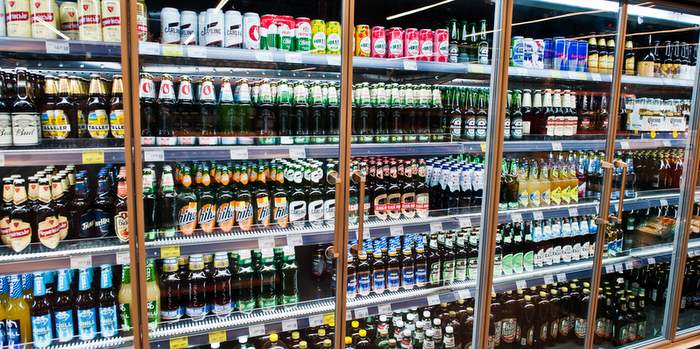
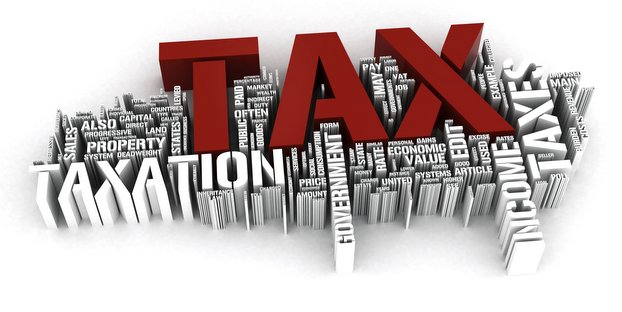
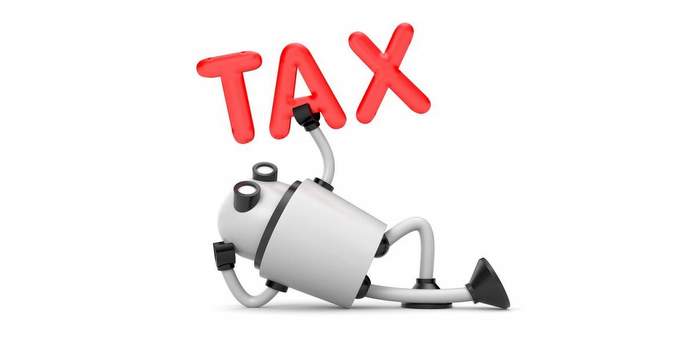
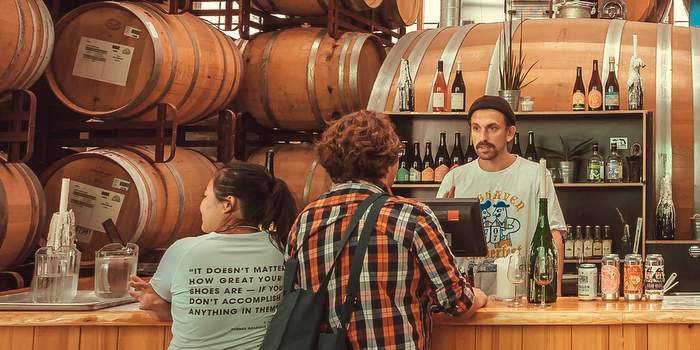
Melvin Brewing says
@GovNedLamont 👏👏👏